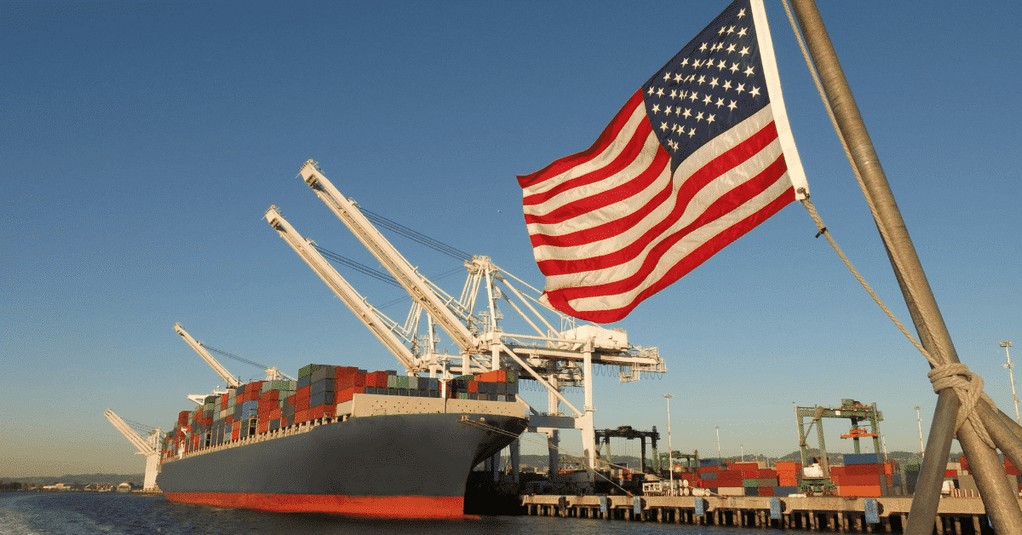The US has undertaken a $4bn initiative to electrify its ports and reduce heavy-duty vehicle emissions as the government seeks to address excessive consequences on adjacent communities.
The US Environmental Protection Agency (EPA) is seeking public input on its $3bn Clean Ports Program to reduce pollutants at US ports and its $1bn Clean Heavy-Duty Vehicle Program to reduce vehicle emissions near ports, schools, and other truck routes.
EPA Administrator Michael Regan announced the funding and request for information with US Senator Jon Ossoff while touring the Port of Savannah in Georgia, where EPA has previously awarded the Georgia Ports Authority over $9m in Diesel Emission Reduction Act (DERA) funds to reduce diesel emissions and improve air quality by upgrading and replacing older freight trucks, cargo handling equipment, and marine engines with cleaner models.
EPA’s new Clean Ports and Heavy-Duty Vehicle programs is expected to go a step further to reduce emissions and improve community air quality through electrification and other zero-emissions technologies while strengthening the clean energy supply chain.
For the first time in more than two decades, the EPA established new clean air requirements for heavy-duty vehicles earlier this year that are 80% stricter than the present requirements. According to the EPA, the rule will result in up to 2,900 fewer premature deaths per year, 1.1m million fewer lost school days for children, and $29bn in annual net benefits by 2045.
The Senate voted 50-49 last week to repeal the restrictions aimed at substantially reducing emissions from heavy-duty trucks, but President Biden is said to have promised to veto the bill.
Last week, the California Air Resources Board (CARB) approved a measure called Advanced Clean Fleets, which would prohibit the sale of all new medium and heavy-duty vehicles by 2036 and ban new diesel trucks from ports and railyards from next year. Drayage trucks, particularly those used to transport containers and freight from ports and rail yards, will be able to register with CARB beginning January 1, 2024, if they are zero-emission. While provisions are in place to phase out older trucks and ensure that they are used to their full capacity, dryage trucks will be required to be zero-emission by 2035. This basically prohibits the use of diesel truck fleets at Californian ports beginning in 2035.
Tags: Clean Port, EPA, Funding, US

Recent Posts
Record breaking increase of carbon dioxide in March
China develops first vehicle-mounted liquid hydrogen system
Surge in demand for LNG bunkering: Drewry
Horizon achieves breakthrough in new AEM Technology
The first alcohol engine to revolutionize mobility
Tata Steel achieves B24 biofuel voyage from Australia to India
Scientists synthesised material that can absorb Greenhouse Gases
First carbon removal plant in world comes online in Iceland